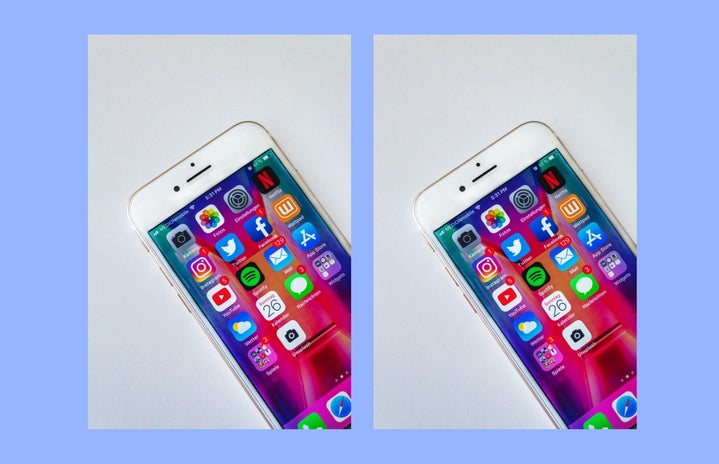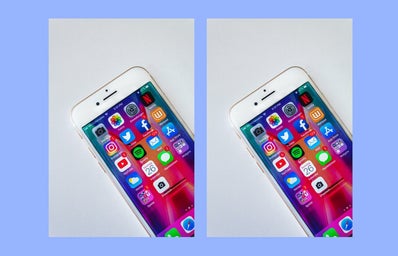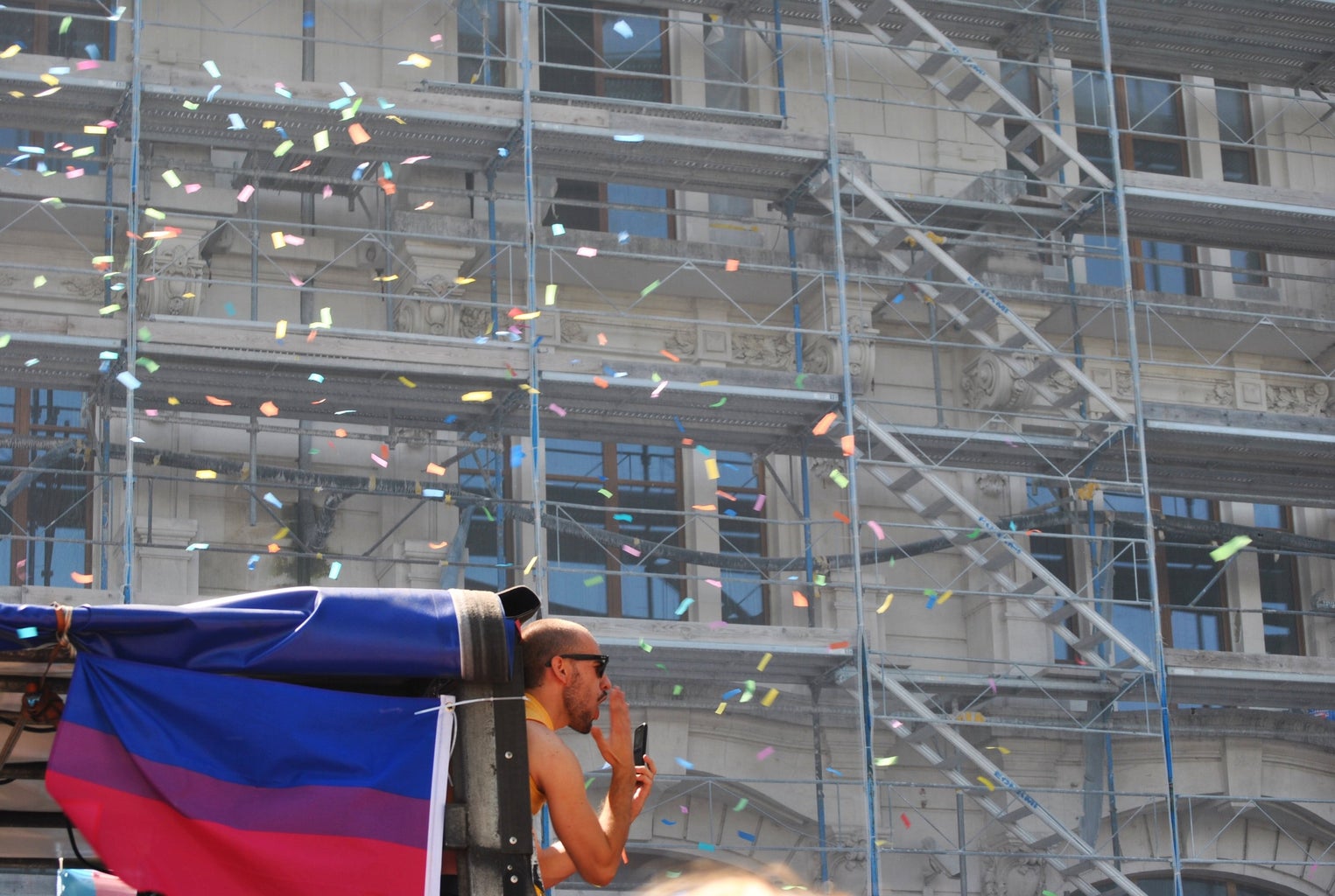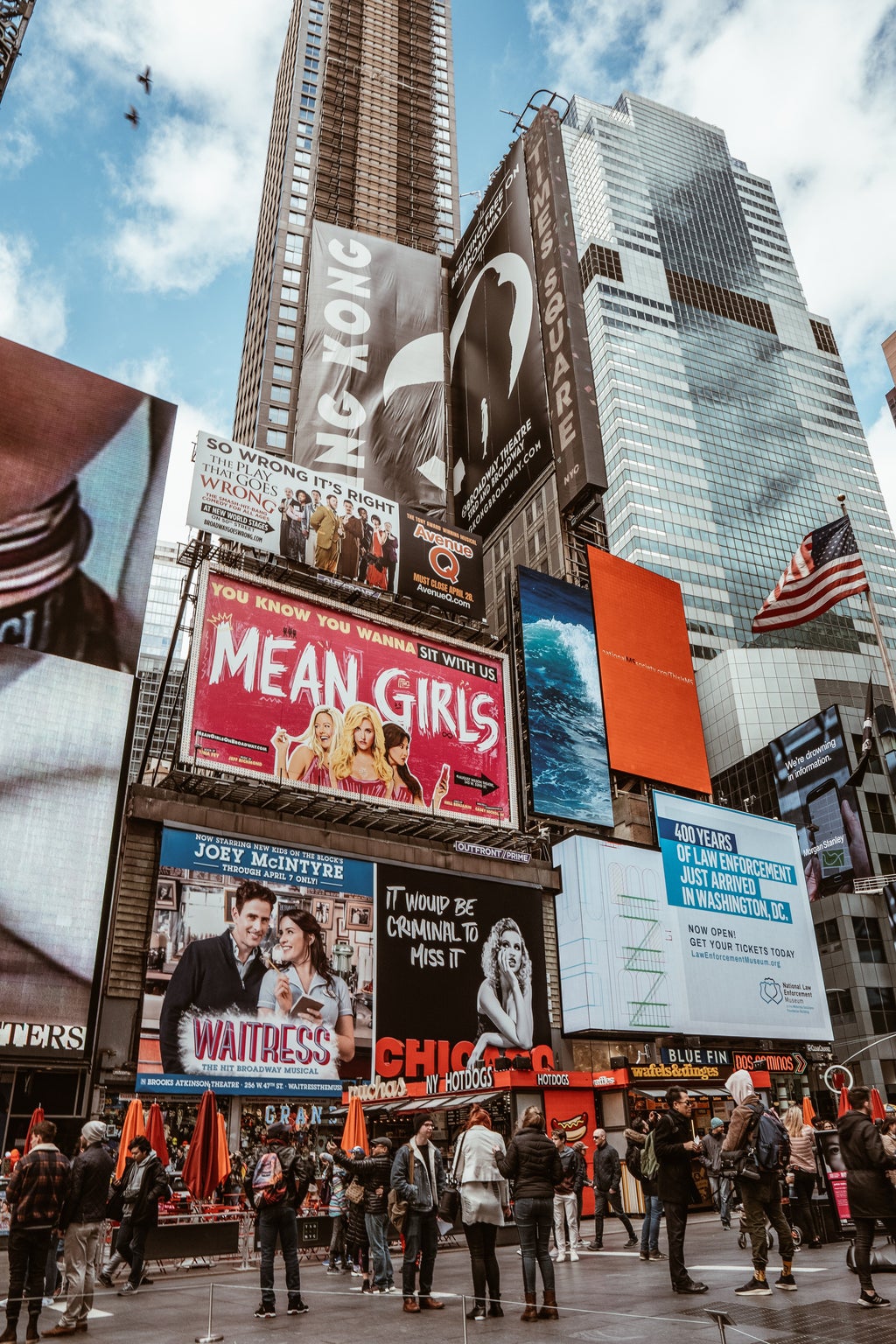Social media connects people to communities and individuals with whom they share important interests, passions, or qualities. These connections can be invaluable, particularly for individuals who feel isolated or lonely in the real world.
This is a reality for many 2SLGTBQ+ people, especially those who are unable to access queer spaces in person, or it is unsafe for them to do so. The internet and social media can be a digital haven where they are able to express their queerness and see queerness openly expressed by other creators.
I certainly found that to be the case. As a person with few openly queer friends when I was discovering my queerness, social media was key to learning, exploring, and accepting my sexuality.
I’m looking back on five bisexual content creators who played an important part in my own bi awakening.
- @CapriCampeau
-
As I began to realize that I was not straight, Capri’s reels infiltrated my FYP. Their posts about the bi experience affirmed that attraction to more than one gender is real, that bisexuality is experienced differently for everyone, and most importantly, that it wasn’t just a phase.
At the time, Capri was one of the few people I had seen who was openly and proudly bisexual. Seeing my experiences talked about and reflected was crucial and comforting as I first considered the possibility of my being bisexual.
- Hannah Bayles
-
Singing has always been a passion of mine. Hannah Bayles is a voice teacher, and for years, I followed her YouTube looking for vocal training and enjoying her reaction videos to popular songs.
I was an older teen when Hannah came out publicly as bi in 2021, at 29 years old. She proved that bisexuality is valid no matter when a person realizes it or shares it publicly, and that was an important realization for me early on in my bi journey.
- @whits_tiks
-
Whitney Young’s TikToks appeared on my FYP when I was more comfortable with my bisexuality. I was drawn to her content because she posts about the bi and sapphic experience mainly through a comedic lens.
Coming to terms with my sexuality was often a draining emotional journey. Seeing the bi experience and bi people portrayed in a lighthearted way was uplifting. I was able to laugh at silly-but-accurate bi stereotypes and feel like I was part of a community, which was especially important when I felt isolated by not being out.
- Reneé Rapp
-
Reneé Rapp is a TV actor, pop singer, and a beloved personality on sapphic TikTok.
I became a Reneé fan in 2019 when she took over the role of Regina George in the Mean Girls musical. I loved her voice and followed her Broadway run through every video of her performances that I could find.
After the pandemic shut Broadway down, Reneé reappeared on my TikTok making silly but relatable videos and singing original music. It was only then I found out that she is bi because it’s an important part of her music.
Now, I listen to her debut album Snow Angel at least once a week, and I can be found streaming ‘Pretty Girls’ on repeat.
- Blair Imani
-
Blair is a prominent activist and the author of Read This to Get Smarter: About Race, Class, Gender, Disability, and More. She has been key in providing me with the terminology and language I sometimes lack while explaining my sexuality to others.
I like Blair’s content because she reminds me that there is always more to learn about identity and dismantling systems of oppression, especially ones that I don’t experience and benefit from as a white cis woman. I continue to learn because my bi journey didn’t end when I came out, nor should it have.
Final Thoughts
These five content creators were instrumental in my bi awakening. It was strange to live such a personal journey through the incredibly public forum of social media, but it was affirming.
I am grateful that I live in a time where I could access this kind of digital content. The joy of seeing these people live their best bi lives online ultimately gave me the knowledge and confidence I needed to be able to live mine.




